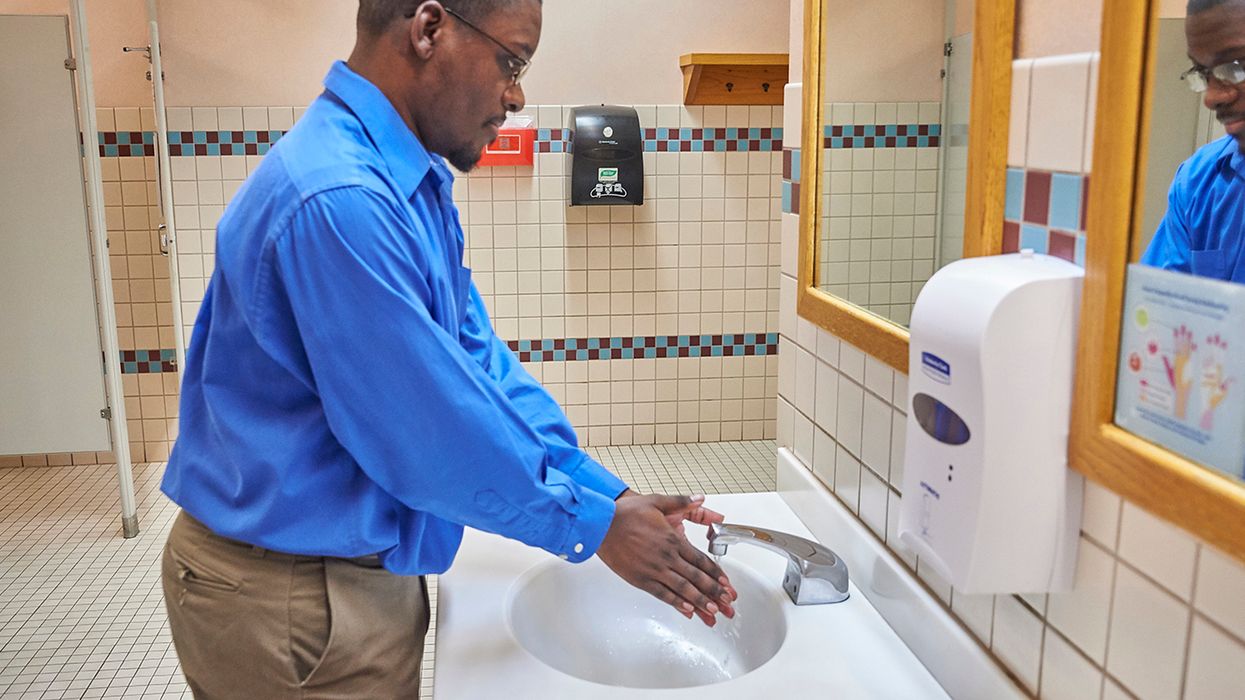March Madness is not an FMLA-qualifying reason
File this one under suspected abuse under the federal Family and Medical Leave Act (FMLA).
The FMLA entitles eligible employees to take job-protected leave for a variety of reasons, but none of those reasons are for watching the NCAA basketball tournament.
Employees might have legitimate reasons to take FMLA leave over the course of the tournament. Some employees, however, might disguise their time off to watch the games as such legitimate reasons. That would be FMLA leave abuse.
The trick is to find evidence that an employee took leave under suspicious circumstances.
Tips on uncovering evidence
Employers have some ways to help detect FMLA leave abuse, including following:
- Look closely at the certification for any clues that the employee’s leave might not be within the stated parameters. If it says a certain pattern, check to see if the employee is following that pattern. Remember, however, that the amounts of leave are generally estimated. If there are significant differences, ask for a recertification.
- If leave is intermittent, and the certification says the employee will be absent two days per month and the employee is absent for six, it’s time for a recertification. The employee may think that the certification supports an unlimited number of days off.
- If, during a discussion about an employee’s suspicious absences, the employee claims that an absence should have been protected by the FMLA, the employee may simply be trying to avoid any discipline that might result from such absences.
- Listen to what other employees are saying about a coworker who is on leave. While an employer can’t share medical details about an employee’s FMLA leave with staff, there have been cases where coworkers have provided information to the employer about employees who were out on leave, but the coworkers saw the employee doing something contradictory to the certified reason for leave. Social media has been known to provide evidence of leave abuse.
Despite employers’ best efforts, some employees might find a way to use the FMLA for reasons (e.g., March Madness) that do not qualify for the law’s protections.
For last-minute call offs, employers may enforce the usual and customary company call-in policies and procedures, even for FMLA — unless extenuating circumstances are involved.
Investigate
If employers suspect abuse, they should investigate. Talk to the employee in question. Often, such heightened attention will call the employee’s bluff. If employers have exhausted such tools as second opinions, recertifications, and periodic status reports, and still have an honest belief that an employee’s reason for leave does not qualify, they may want to use surveillance.
Employers that use surveillance benefit from hiring neutral, third-party professionals for this task. Such services can supply subjective information and might help avoid putting company employees in the middle of any conflicts after reporting suspicions.
Train managers
Perhaps most effective, train managers and supervisors to be on the lookout for potential abuse. They are on the front lines and can spot clues. A little training on what to watch for can go a long way.
Key to remember: While preventing leave abuse might not be a slam-dunk, employers have some tactics to help them stop March Madness from resulting in FMLA leave madness.



















































